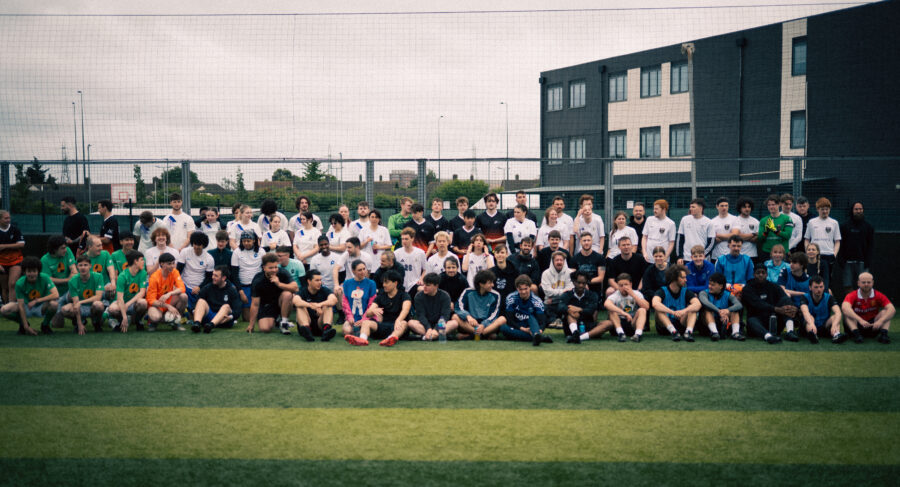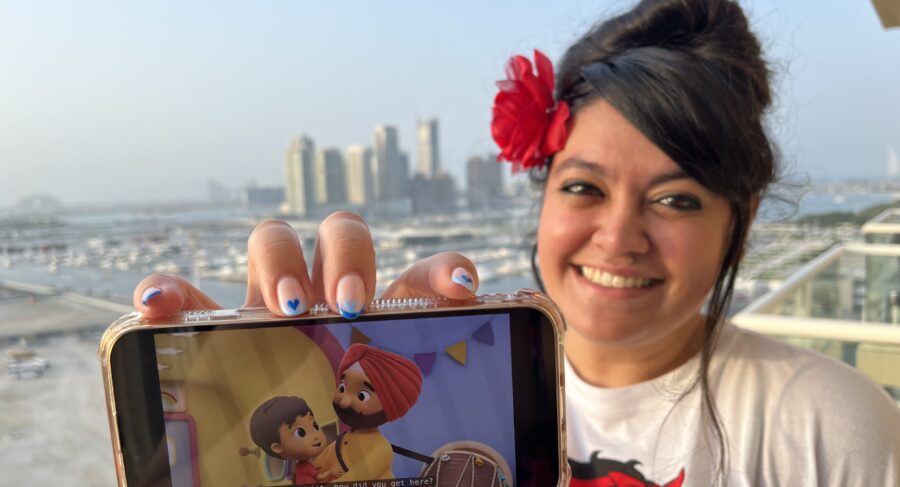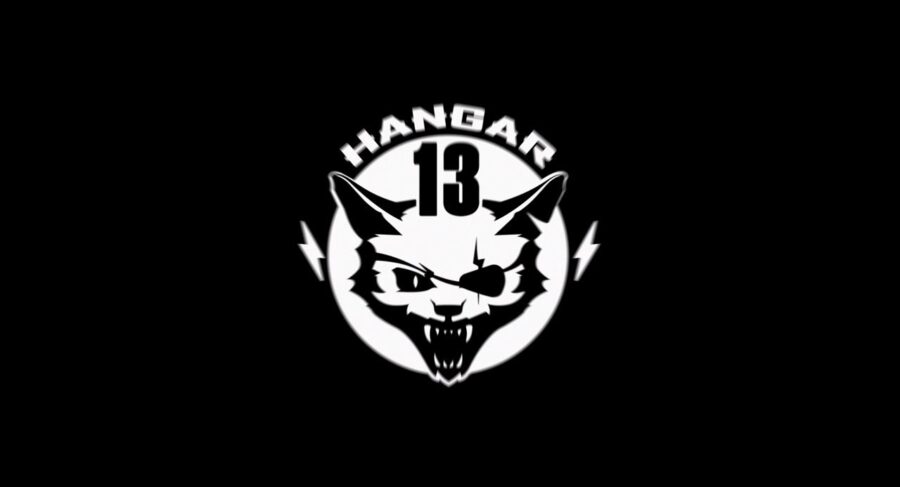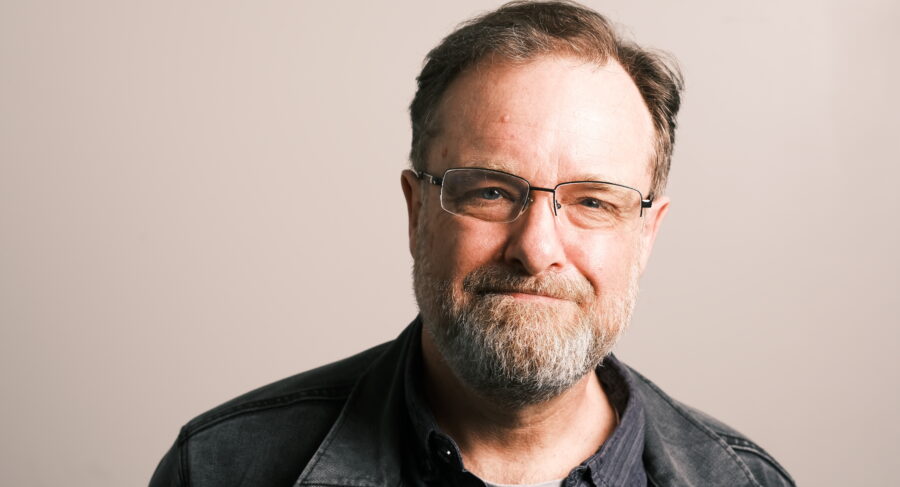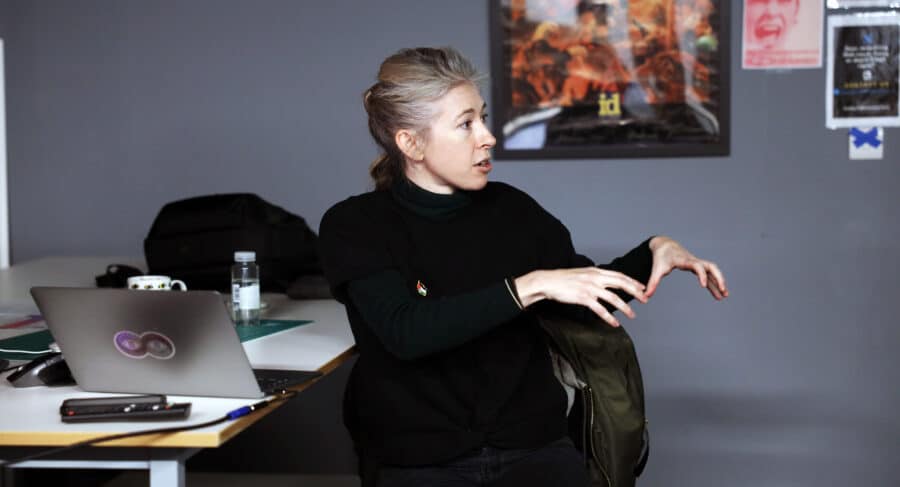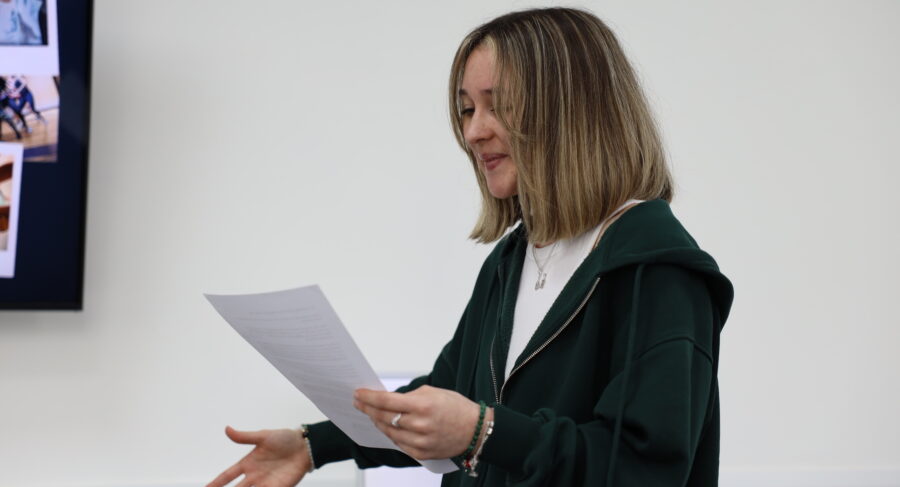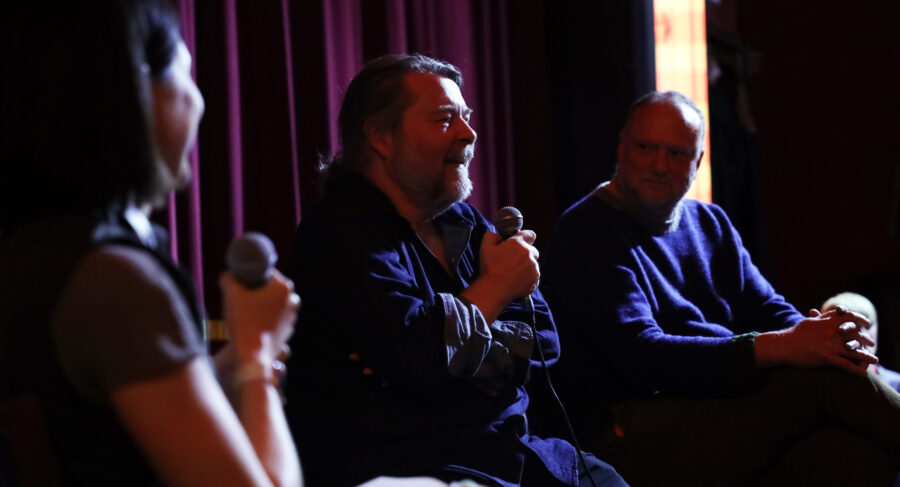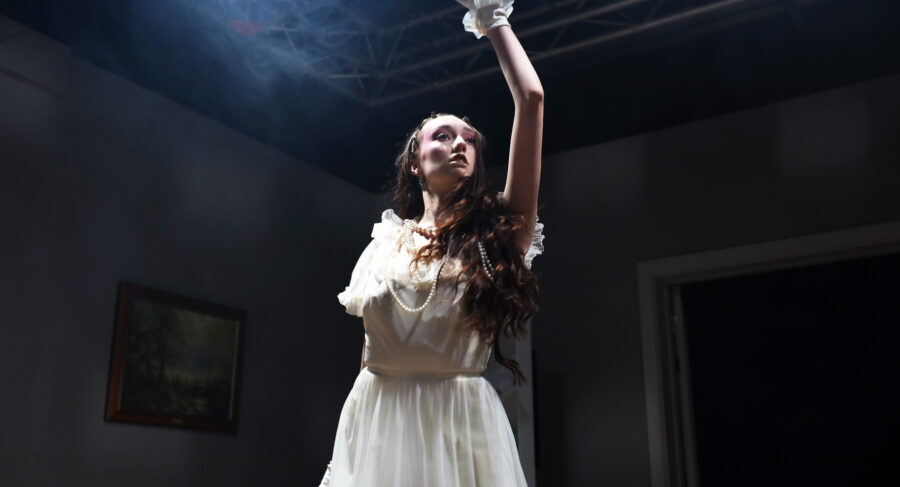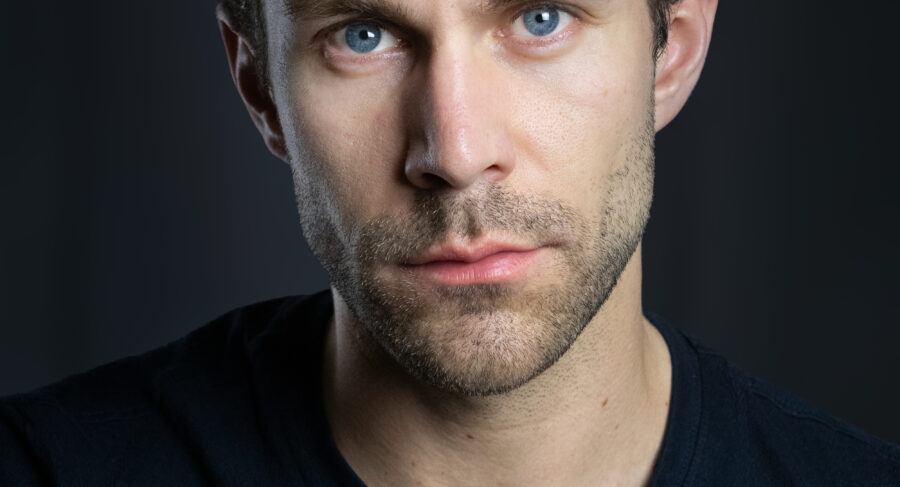Helen Serafinowicz (Co-Creator & Co-Writer) on BAFTA-winning Motherland
By Elise Czyzowska
12 April 2023
For co-creator and co-writer Helen Serafinowicz, her BAFTA-winning show Motherland starts and ends with the characters. The ensemble cast (which includes Lucy Punch, Tanya Moodie, and Diane Morgan) each play an easily-recognisable ‘type’ of mother, and from episode to episode, we follow them through the daily ups and downs of middle-class parenthood.
Off the back of the well-received Motherland Christmas Special, and with a nomination for Writer: Comedy at the 2023 BAFTA Television Awards, Helen Serafinowicz joined us at our London campus to chat with Screenwriting tutor Sheridan Humphreys about co-writing for television, the ideal pitch document, and the relationship between writers and actors.
Co-writing Motherland
An age-old piece of writing advice, Helen reiterated the idea of ‘writing what you know’ when talking about how Motherland came to be. ‘You just can’t write some things, you have to hear them’, she explained, laughing about her own experience of waiting at the school gate, listening in on the other parents and collecting anecdotes in her Notes app.
The first season of the show was written by Helen, alongside her three co-creators, and our students were quick to ask about the practicalities of co-writing a tv script: how do you approach the process fairly? Is it difficult to maintain a character’s distinct voice?
For the latter, Helen explained that character rules are ‘quite handy to have’, giving the example of Anne: ‘Most things she says are negative, so a good note when writing her lines is to maintain that’. With these rules at the back of their minds, the writers can quickly tell if the story feels real, because, in a way, ‘the characters will tell you if it’s not working’.
On the practical side of co-writing, Helen turned to season two of the show:
‘We got together to work out the story, and then split into pairs, taking three episodes each. After that, we switch our drafts, give each other notes, and then regroup. That continues until we’re ready for production, when we’ll do a final read through, line by line, over a couple weeks of sleepless nights.’
Watch the trailer for Motherland
Writing a good pitch document
Helen and her three co-creators initially brought their concept to BBC’s ‘Pitching Season’, which led to their writing a pilot episode – after which the BBC commissioned two seasons of the show; ‘a very rare and very lucky outcome’, she explained.
From this experience, as well as a couple projects she’s currently pitching, Helen shared her tips for a strong pitch document:
- Be as visual as possible: ‘If you have a commissioner who gets a load of documents to look through, it helps to be eye-catching.’
- Come up with a fantasy cast: ‘Whether you include them in your pitch or not, it can help you to see the bigger picture of what you’re trying to create.’
- Keep it concise: ‘The more to the point you can be with your ideas, the better – I always aim for a one-page document, even if I have to lower my font size!’
Looking for more general industry advice? Helen shared two book recommendations with our students: The Science of Storytelling by Will Storr, and Save the Cat by Blake Snyder.
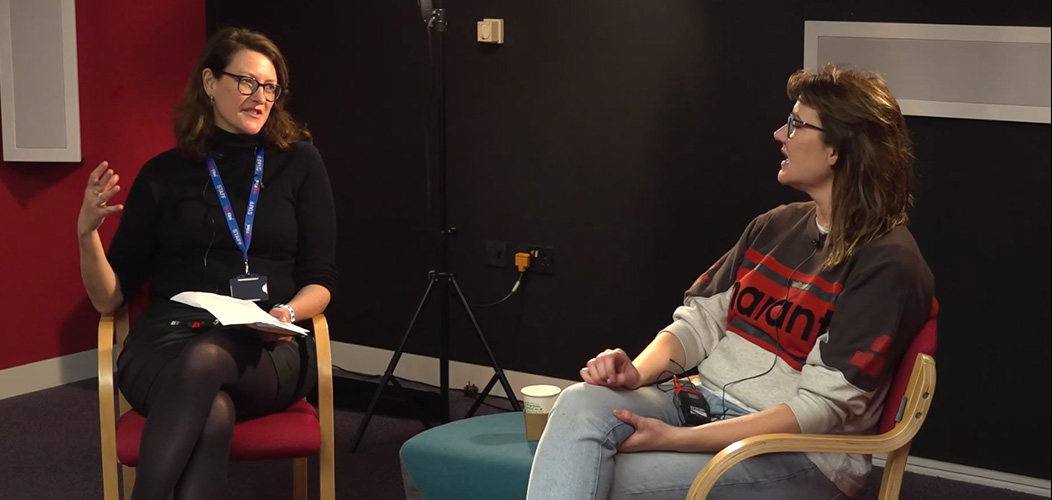
Working with actors
Going back to the idea of Motherland as a very character-driven show, Helen brought up the importance of talking with your cast, finding out what they envision for their characters, and how they feel about potential episode ideas.
More obviously, writing with your actors in mind can be an essential tool for visual storytelling – Tanya Moodie’s ability to pull off a comedy fall, for example, or ‘the episode where the mums all carry Julia away, which works because of her height’.
But a close relationship with your actors can also make it easier to push your boundaries as a writer, and to try something new, as was the case with the latest Christmas Special.
‘We wanted to explore a Christmas Day with a disaster,’ Helen explained, ‘because it’s a real-life experience for so many.’
The ‘disaster’ in question came at the end of the episode, when Julia’s mother, Marion, is found dead. Killing off a character brought with it a tonal shift for the sitcom, but it was the writers’ faith and trust in both their characters and their cast that eased any concerns with navigating this.
‘We knew Anna [Julia’s actor] could bring good emotion to the moment,’ she added, and so the shock-ending to the special was set.
- While we wait for Motherland series 4, you can rewatch the show on BBC iPlayer.
- Want to write for television? Explore MA Screenwriting: Available in London, Berlin, and Leeds.

